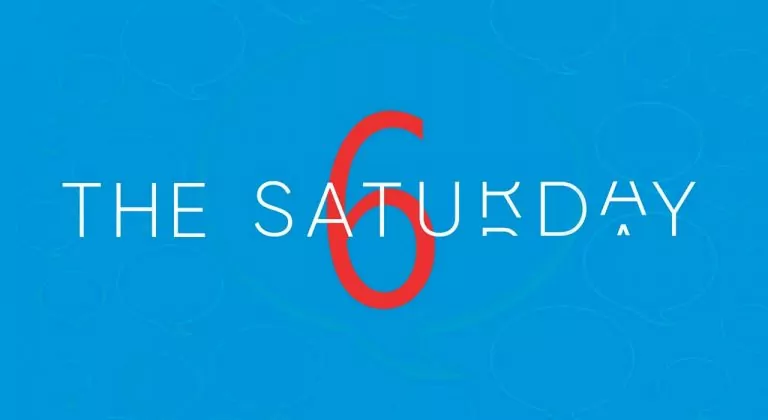Rotterdam Philharmonic Orchestra: quarantine edition
In this rousing, at-home rendition, the RPO plays Beethoven’s “Ode to Joy,” better known to many by the lyrics Henry van Dyke wrote for it in 1907: “Joyful, Joyful We Adore Thee.”
Freud the fraud
He is one of the most influential figures of the modern age. But this past month a secular science magazine headline asked, “Was Freud right about anything?” The answer given? A decided, “No.” So why did so many buy what he was selling? Was it because of the materialistic – the atheistic – worldview that came with it? Might it be, as Chesterton has sometimes been credited with saying, that, “When men stop believing in God, they don’t believe in nothing. They believe in anything”?
Martin Luther on the coronavirus (20-minute read)
The bubonic plague hit Wittenberg in the fall of 1527. It was highly contagious, painful, and in an earlier 1347 outbreak, might have killed as much as 60% of Europe’s population. While they didn’t, at the time, know what caused it, they were aware it involved being around sick people. So when the plague struck, healthy people would flee. But Luther did not. When another pastor asked him “whether it is proper for a Christians to run away from a deadly plague,“ Luther wrote a letter in reply, titled “Whether one may flee from a deadly plague,” that is applicable to our own situation. While the whole letter is worth reading, one excerpt, in particular, has been making its way around the Internet:
“I shall ask God to mercifully protect us. Then I will fumigate, purify the air, administer medicine, and take medicine. I shall avoid places and persons where my person is not needed in order not to become contaminated, and thus perchance inflict and pollute others, and so cause their death as a result of my negligence. If God shall wish to take me, He shall surely find me. But, I have done what He has expected of me, and so I am not responsible either for my own death or the death of others. If my neighbor needs me, however, I shall not avoid place or person, but shall go freely. This is a God-fearing faith because it is neither brash nor foolhardy, and does not tempt God.”
Should we outlaw child labor? Before you answer…
The article title is, “When good intentions harm children” but the lesson it preaches is one that can be applied more broadly: everything comes with tradeoffs, so before we make any big decision, we should find out what the possible downsides are – we should count the cost (Luke 14:25-33).
What I didn’t learn in business school…
“What I didn’t learn in business school is that good business principles didn’t originate in the halls of academia; they are in fact biblical principles.”
How can I explain sin to an unbeliever (1 minute)
Sometimes sinners will dispute the obvious, and before we reply we need to hear Proverbs 26:4, where God warns: “Do not answer a fool according to his folly, or you will be like him.” If we treat a foolish question with respect, acting as if it really is a legitimate concern, then to onlookers we can look as foolish as the questioner.
For example, if someone were to say, “Prove to me gravity exists!” the exact wrong sort of response would be, “That’s a really good question – let me think about that.” In this clip, Dr. RC Sproul is asked how to explain to a sinner that sin really exists. That fact sin exists is written on this unbeliever’s heart (Romans 2:15) so he knows better and this is a question along the lines of “Prove to me gravity exists.” Then RC Sproul shows how not to answer a fool in his folly – his answer treats the questions with the amount of respect that it is due. Brilliant!











